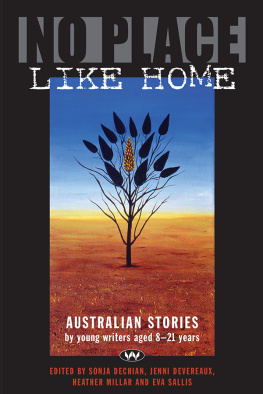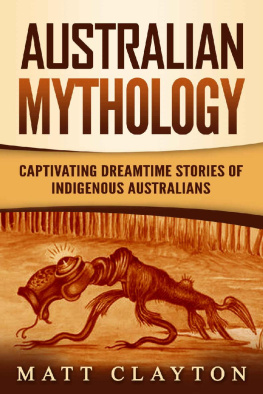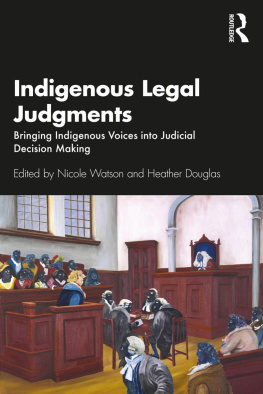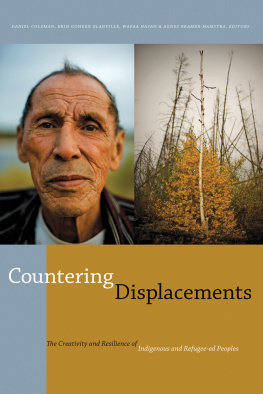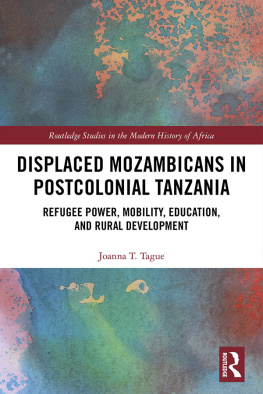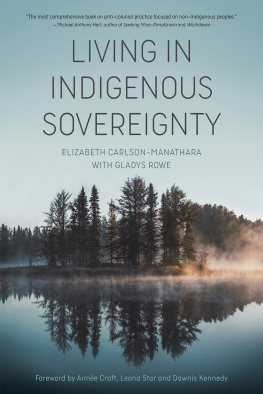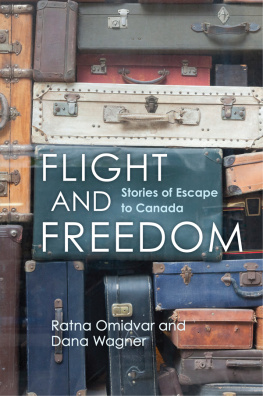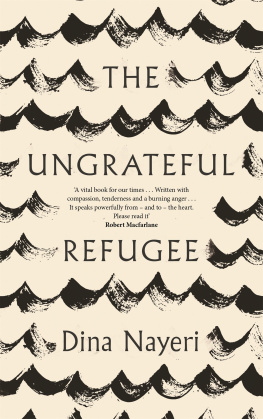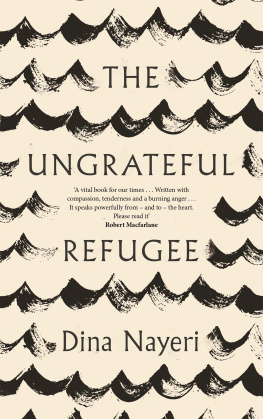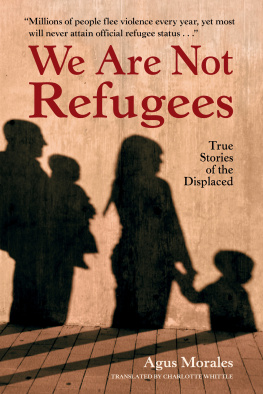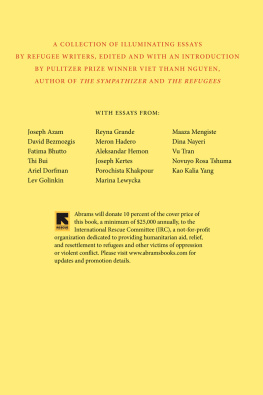Wakefield Press

Sonja Dechian is a scriptwriter for ABC Asia Pacific. She has a Masters in creative writing and her short fiction has been published in a range of books and journals.
Jenni Devereaux is a researcher and writer with the Australian Education Union. She is active in Australians Against Racism projects and in campaigns for human and labour rights.
Heather Millar is a freelance writer and editor who has worked on a range of magazines and books in Australia and England.
Eva Sallis is a writer of literary fiction. Her most recent novels are The Marsh Birds, Fire Fire and Mahjar.
Wakefield Press
16 Rose Street
Mile End
South Australia 5031
www.wakefieldpress.com.au
First published 2005
This edition published 2018
Copyright in this collection Australians Against Racism Inc., 2005
Copyright in each story remains with its author
All rights reserved. This book is copyright. Apart from any fair dealing for the purposes
of private study, research, criticism or review, as permitted under the Copyright Act,
no part may be reproduced without written permission.
Enquiries should be addressed to the publisher.
Cover painting by Abbas Mehran
Cover designed by Liz Nicholson, designBITE
National Library of Australia Cataloguing-in-publication entry
No place like home: Australian stories.
ISBN 978 1 74305 223 5.
1. Short stories, Australian21st century.
2. Childrens writings, Australian.
3. Youths writings, Australian.
I. Dechian, Sonja.
A823.01089283

Contents
Foreword
by Eva Sallis
All these stories on the theme of home are of journeys: stories of homes lost and homes gained. Perhaps it is inevitable that a narrative picture of home in Australia is built through a mosaic of journey stories: we are all displaced peoples or the descendents of displaced peoples, whether we are from Indigenous, settler, migrant or refugee families. Perhaps we only fully understand what home means when we lose it, or have to remake it. Our journeys or the journeys of our recent ancestors were sometimes forced, sometimes voluntary. In all, exile and the making of a new home are themes that give us some of the most potent Australian stories.
These stories were collected through two nationwide writing competitions run in 2002 and 2004 by Australians Against Racism Inc, a creative grassroots human rights and social justice organisation that was formed in 2001. Both competitions asked young people to use an interview or a direct personal experience of displacement as their starting point, and then left them free to choose whether to write their story as fiction or essay. The quality of stories was exceptional. The striking thing in each year was how passionate, eloquent and effective young people are when they have something important to say, either from their discoveries in interview, or from their own experience. For many writers, this was an opportunity to make their voice heard on some of the burning issues of our times. For others, it was a chance to tell their own extraordinary stories, or the stories that form part of their family heritage.
Following the competition in 2002, we edited the hugely successful anthology Dark Dreams: Australian Refugee Stories by Young Writers aged 1120 Years, published by Wakefield Press in early 2004. No Place Like Home is both the second anthology in what we hope will be a series, and unique. It is a development from that first experimental project, driven by the idea of recording not just the range of refugee stories that young people can encounter, but by having young people discover and reveal the essence of being Australian. The diversity of stories we received will be clear from this volume.
The stories presented in this anthology are a small sample of the stories we received. Selection was a hard and painful process, as many superb stories had to be left out. The stories you read here in most cases have been only lightly edited. We have preserved almost all idioms and choices in the voices of young writers using English as a second language: in many cases this pressured English is extraordinarily moving and dignified, and has an energy all its own.
This volume includes stories of hatred and tolerance; rejection and love; acceptance and alienation; war, aftermath and resolution; fear and hope; great suffering and great heroism; small journeys and unimaginably huge journeys. These young writers have something important to say to all Australians, young and old. For me these young voices share a theme beyond any notion of Australia as the homeland of many displaced people. These stories all suggest the preciousness and fragility of belonging and the importance and irreplaceable nature of each human life and experience.
Eva Sallis
President, Australians Against Racism Inc., 2005
MYSTERIOUS JOURNEYS
This is my retelling of a great man who lost everything to a silly
colour believing. Its up to the children of today to stop this, so
please DONT let it happen again.
Felicity Rose Hann
Hal Harts Story
by Felicity Rose Hann, aged 12
Hal and his sister Cheryl were coming out of the old school doors when a police officer of quite a big build offered them a ride home. Being a foolish young ten-year-old boy, Hal said, Oh yeah cool, but his sister disagreed.
Oh come on Cheryl, how often are we going to get a ride in a motor car?
I dont think we should. Think of what Mama would say.
Please, Hal said, with his innocent look. Mama and Cheryl always caved in when he did that look.
Oh all right, get in.
Yes! Thank you Cheryl. Mr Policeman, we would like to go for that ride please.
Good. Jump in, said the police officer, opening the door.
Hal, dont tell Mama, Cheryl said with a stern look.
I wont.
That was the last time Hal ever saw the old school building. You see, Hal was one of the stolen generation. The stolen generation started in the 1900s and didnt stop until 1990. Pretty recent huh? The government took Aboriginal children away from their parents, put them in homes and tried to bring them up without their natural culture. Let me break it down for you. Say alien Martians came to earth and took you away and tried to teach you the way they live while breaking every single rule in your culture. Cruel isnt it?
Anyway just thought you might need some background information, so lets get back to the story.
Cheryl, we missed the turn-off to our house twenty minutes ago. Wheres he taking us?
I dont know, ask him.
Mister. We missed the turn-off to our house.
Its okay, I know, I just thought you might like to go for a bit of a drive. Ill take you home soon.
But Hal and Cheryl were never taken home. They were taken to Darwin and separated, never to see each other again.
Lights out, children, youve got an early start tomorrow. Good night. Matron turned out the lights. Hal was confused. He didnt know where he was or where he was going. The dormitory was quiet except for the sobbingthere was always crying at night, you could never stop it. These children had the exact same problem as Hal. They were all children of the stolen generation. Hal was only one of one hundred thousand.

